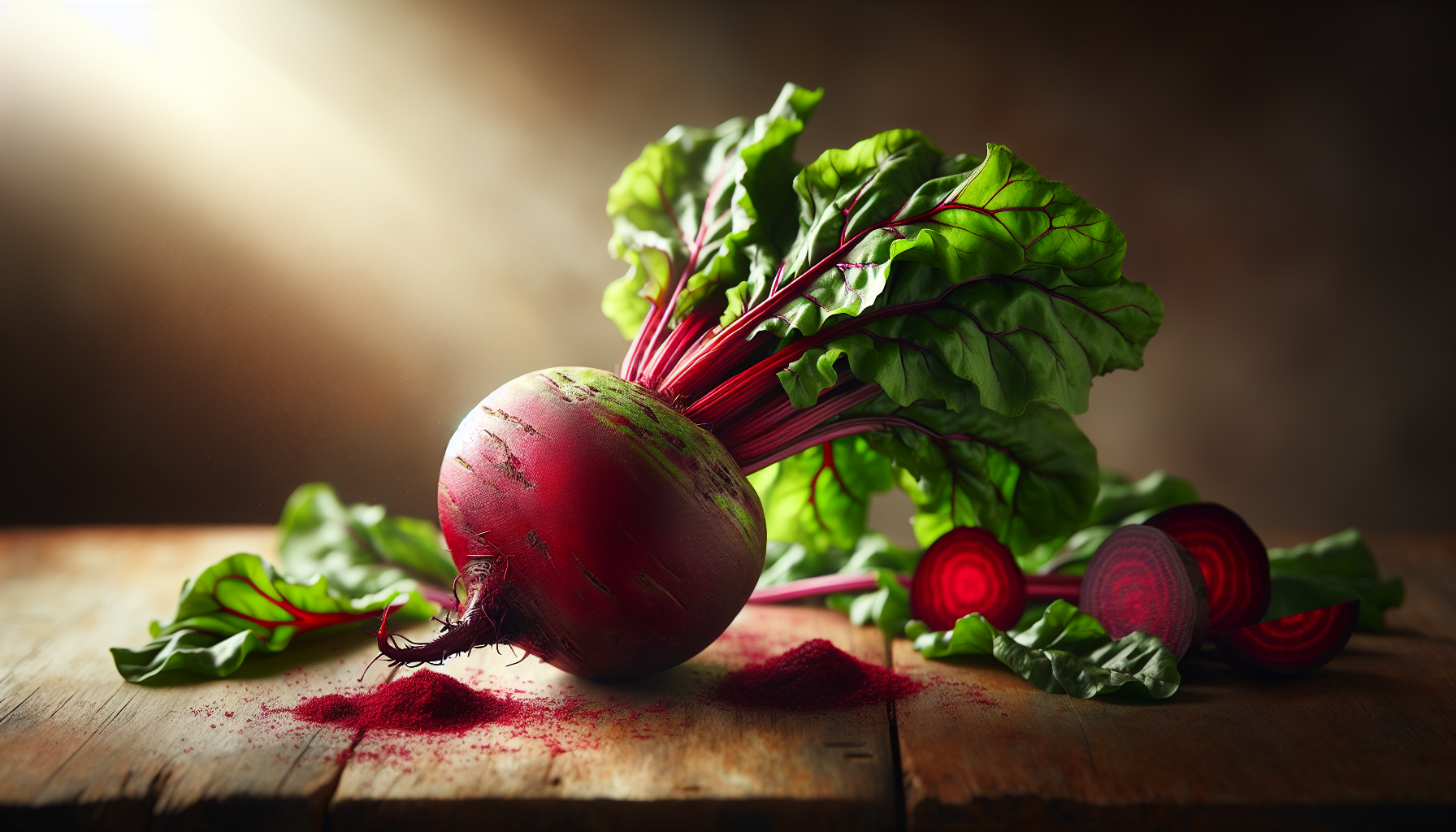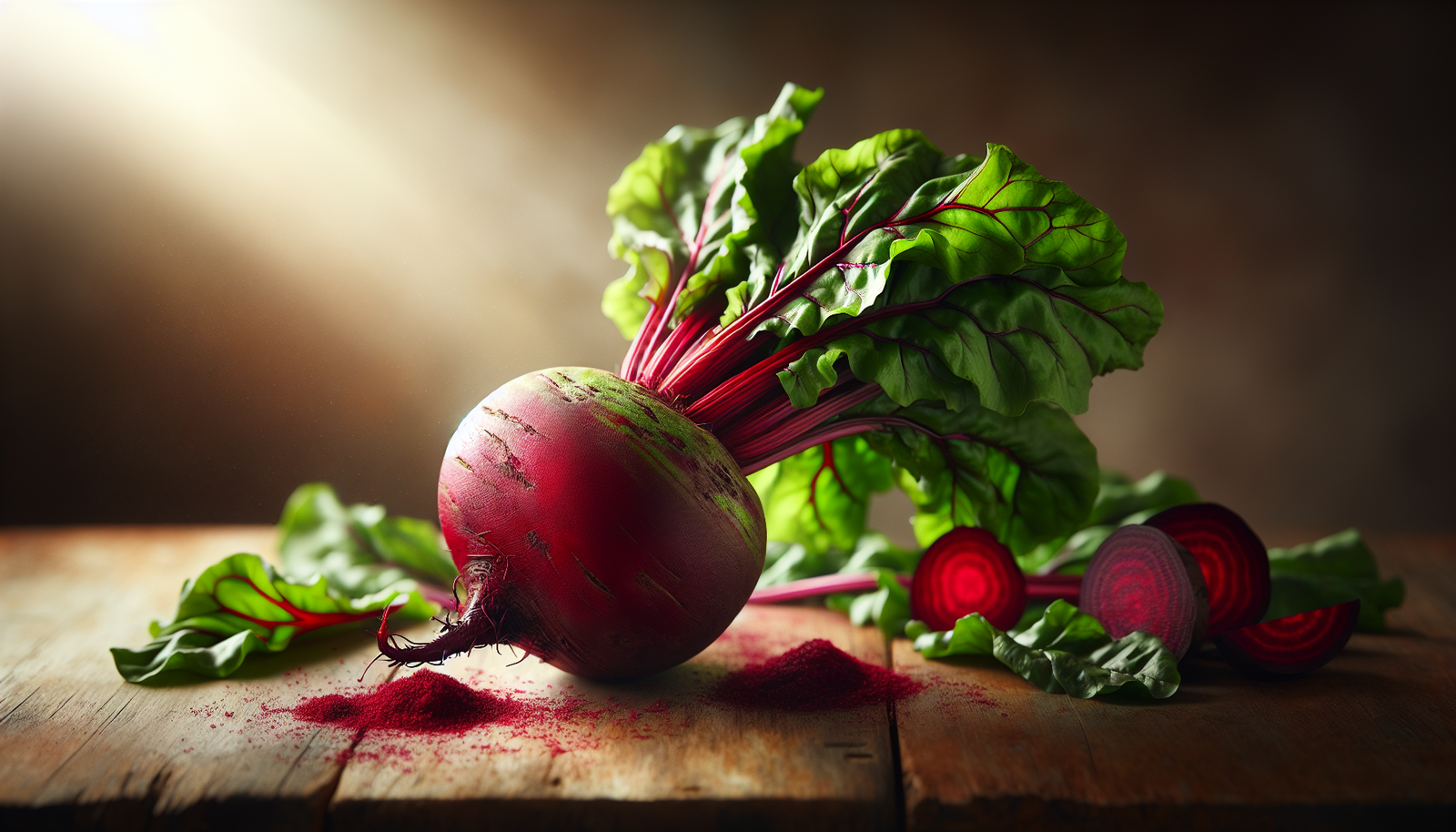Have you ever wondered how what you eat affects your body in ways you might not expect? Dietary choices can sometimes have a surprising impact on various aspects of health, including fertility. One such dietary component that has stirred up some curiosity is oxalates. You might be asking yourself, “Do oxalates play a role in infertility?” Let’s break this down together.
Understanding Oxalates
What Are Oxalates?
Oxalates are naturally occurring organic compounds found in a variety of foods. They can bind to minerals like calcium and form compounds such as calcium oxalate, which, in higher concentrations, can lead to kidney stones. But that’s not all—oxalates can influence other health issues as well, including those related to reproductive health.
Sources of Oxalates
You can find oxalates in a diverse array of foods, especially in plant-based sources. Common foods high in oxalates include:
- Spinach
- Rhubarb
- Beets
- Nuts and seeds
- Certain grains
- Chocolate
- Tea
It’s interesting how such common foods can carry oxalates, right? If you’re consuming them in large quantities, it’s something worth paying attention to.
How Do Oxalates Work?
When you consume high-oxalate foods, oxalates can absorb into your bloodstream through your gut. From there, they can bind to calcium and can potentially lead to problems if your body is unable to eliminate them effectively. This process may contribute to various health issues, but could it also affect your reproductive health?
The Link Between Oxalates and Infertility
Are Oxalates Directly Linked to Infertility?
Research on the direct correlation between oxalates and infertility isn’t conclusive, but that doesn’t mean we should overlook the potential implications. Oxalates can impact nutrient absorption, especially minerals vital for reproductive health, such as magnesium and calcium. So, it raises the question: could this poor nutrient absorption indirectly influence fertility?
How Nutrient Absorption Affects Fertility
Nutrient deficiencies are more than just a nuisance when it comes to reproductive health. Hormones, ovulation, and overall reproductive function rely heavily on adequate nutrition. For instance, low magnesium levels have been linked to complications during pregnancy and even preterm labor. When you consume foods high in oxalates, you’re risking the binding and elimination of key nutrients your body needs.
Here’s a quick snapshot of how different nutrients play a role in fertility:
| Nutrient | Role in Fertility |
|---|---|
| Calcium | Required for hormone secretion and ovulation |
| Magnesium | Essential for cell division and embryo development |
| Iron | Recommended for adequate blood supply to the uterus |
| Zinc | Necessary for hormone production and regulation |
The Role of Gut Health
Now let’s talk about gut health. It’s like the hidden star of your overall health, especially when it comes to nutrient absorption. An unhealthy gut can exacerbate the effects of consuming oxalate-rich foods. When your gut isn’t functioning optimally, the absorption of not just oxalates but nutrients is compromised.
When Might Oxalates Become a Concern?
For Those with Existing Conditions
Certain conditions can increase your risk for complications when consuming oxalates. For example, if you have a history of kidney stones, oxalate intake is something you’d need to monitor closely. There’s also an emerging discussion around oxalates and their potential connection to other health issues like vulvodynia and endometriosis, which can impact fertility.
The Impact of Excess Oxalates
Excessive consumption of oxalates can lead to a condition known as hyperoxaluria, where high levels of oxalate are present in the urine. This can cause kidney stones and other complications, but if we connect the dots, could it also subtly affect your reproductive health? Some might argue that any ongoing physical stress or pain can also play a psychological role in fertility.
Signs You Might Need to Monitor Oxalate Intake
Gastrointestinal Distress
If you find yourself experiencing digestive discomfort after consuming high-oxalate foods, it could be a sign that your body isn’t processing them efficiently. Common symptoms include bloating, gas, or stomach cramps.
Kidney Issues
Experiencing kidney stones is a more obvious red flag. If you have a history of stones or are currently dealing with them, it’s definitely worth talking to your healthcare provider about your diet.
Unexplained Infertility
If you’ve been trying to conceive without success, it might be a good idea to evaluate your diet, including oxalate-rich foods. While there are many factors in play regarding infertility, diet is one aspect you can control.
How to Manage Dietary Oxalate Levels
Variety is Key
One of the easiest ways to balance your oxalate intake is by diversifying your diet. Limiting high-oxalate foods while incorporating those low in oxalates can be an effective strategy. Foods low in oxalates include:
- Meat and fish
- Eggs
- Most dairy products
- White rice
- Cucumbers
- Lettuce
By focusing on these options, you become more mindful of what you put on your plate while still getting the nutrients you need.
Cooking Techniques Matter
Some cooking methods can help reduce the oxalate content in foods. For instance, boiling can lower oxalate levels by leaching them out into the cooking water. Just make sure you don’t consume the water afterward!
Consulting a Nutritionist
Navigating dietary changes can feel overwhelming. If you’re concerned about oxalates and their potential impact on your health, consulting a nutritionist might be a wise step. They can help you create a tailored plan that ensures you’re getting adequate nutrition while addressing your concerns about oxalates.
The Bigger Picture: Lifestyle and Fertility
Stress Management
It’s no secret that stress can have a detrimental impact on your fertility. Managing stress through meditation, exercise, or yoga can create a healthier environment for your body, thus positively influencing your reproductive health.
Sleep Hygiene
Getting enough sleep is crucial for overall physical health, including hormonal regulation. Quality sleep can help you maintain a balanced hormonal environment conducive to fertility.
Physical Activity
Regular physical activity plays a significant role in maintaining a healthy weight and managing stress. Activities you enjoy, whether it’s walking, dancing, or swimming, can contribute to better overall health and, potentially, better fertility.
The Psychological Aspect of Infertility
Emotional Well-Being
When grappling with infertility, feelings of frustration and anxiety are fully justified. Creating a support network of friends, family, or even support groups can offer emotional stability during challenging times. Approaching infertility collaboratively can lend strength to your journey.
Mind-Body Connection
Consider practices such as mindfulness and meditation that focus on the connection between your mind and body. This can help you maintain a positive outlook, which may indirectly benefit your physical health, including fertility.
What the Current Research Says
Emerging Studies
As of October 2023, research continues to explore the intricate relationship between diet, gut health, and fertility. Some studies have shown a correlation between high oxalate intake and various reproductive health concerns, but more conclusive data is necessary.
Future Directions
More extensive studies will be needed to understand the complexities of how dietary oxalates might influence fertility. As the conversation around food and reproductive health evolves, it’s essential to stay informed and be open to adjusting your diet based on emerging evidence.

Final Thoughts
So, do oxalates play a role in infertility? The answer isn’t a straightforward yes or no. They may not be the sole culprits in fertility issues, but they certainly aren’t to be ignored either. By being mindful of your diet and focusing on overall wellness, you can create a foundation for better health that may positively affect your reproductive journey.
Maintaining a balanced diet, revitalizing mindful practices, and keeping an eye on your body’s responses can help pave the way forward. After all, each of us is on a unique journey, and you deserve to nurture and support your body in the best way possible.




